6. His Name Was King (Giancarlo Romitelli, 1971)
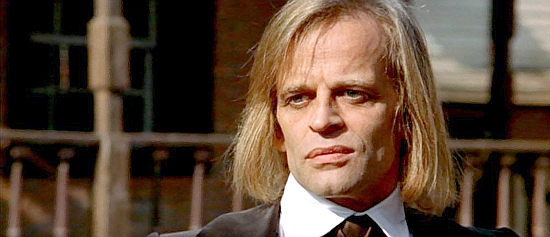
His Name Was King is another one of those early 70’s Spaghetti Westerns that tick every box you could have for a quick thrilling dirty western. They’re under 90 minutes, have a great leading actor like Terence Hill, Lee Van Cleef or Franco Nero, they have an outstanding and catchy theme composed by Luis Bacalov or Ennio Morricone, and they’re violent! In this case, the film stars Klaus Kinski and Richard Harrison, with a beautiful and exciting theme by Luis Bacalov. The theme originated here along with the song “His Name Was King” by Ann Collin, but most people know it from Quentin Tarantino’s Django Unchained.
The film tells the story about John “King” Marley (Richard Harrison), who tracks down a band of criminals who murdered his brother, raped his wife and are smuggling weapons across the Mexican border. The film is at times rough, dirty and violent, and in an alternate universe, one might think how Sam Peckinpah would have directed this. The performances are good but its Klaus Kinski’s unique cinematic presence that catches the audience’s eyes and keeps them glued onto him. The film has several exciting scenes all leading to a showdown accompanied by Luis Bacalov’s genius theme that will have people rewatching it, rewatching it and rewatching it, just for that scene.
7. The Life and Times of Judge Roy Bean (John Huston, 1972)
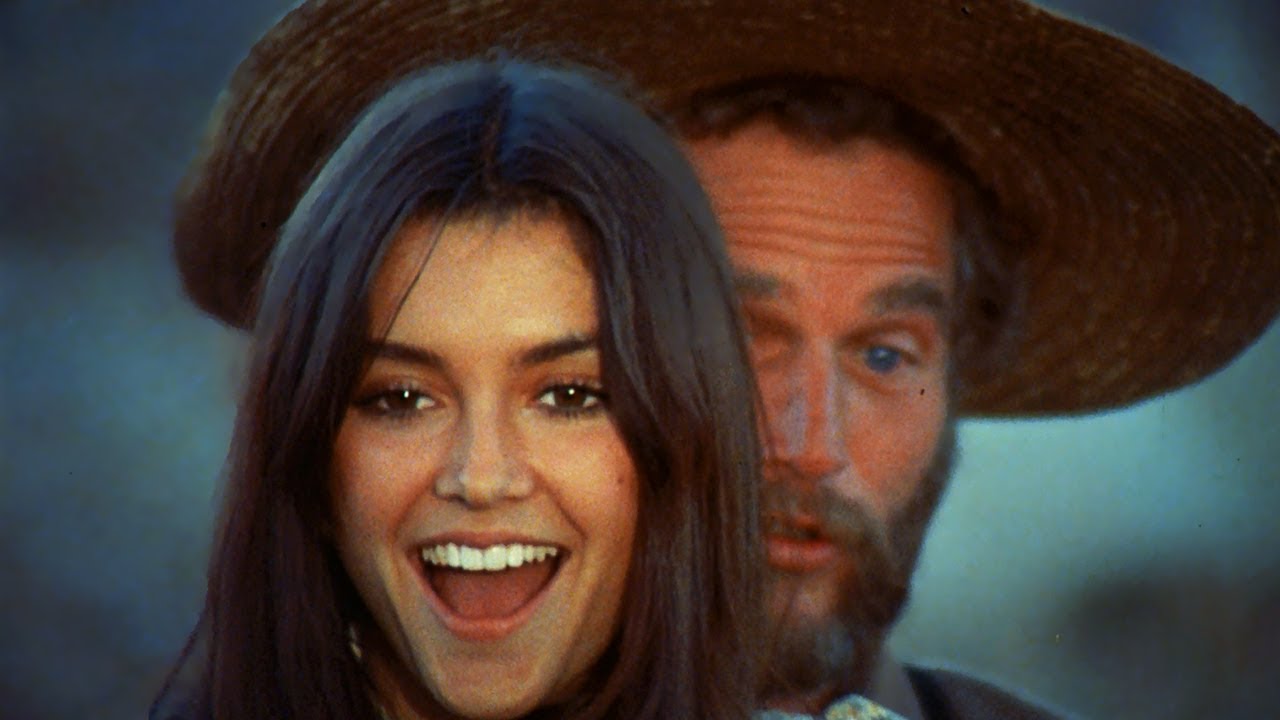
Paul Newman stars as Roy Bean, a former outlaw who finds himself left for dead in the dusty vacant town of Vinegaroon, Texas. After a young girl saves him, Roy finds a purpose in his life and appoints himself the judge of the town, creating his own version of the law. The film is written by John Milius, who had also helped out penning another western in the same year, Jeremiah Johnson. The film has an excellent supporting cast including Anthony Perkins and Ava Gardner as the dazzling Lily Langtry who steals the film with little screen time.
John Huston very cleverly directs the film, but most importantly, Paul Newman. Huston’s direction shows off Newman’s comedic side. The character of Roy Bean isn’t the smartest, nor the dumbest. He isn’t the worst person in the film, but he’s also not the best. Roy Bean is the epitome of the wild west: you find a piece of land and you create your own rules, no matter what. From the beginning to the end, the film is amusing and exciting to watch, yet there’s a certain level of sadness and pity. With the beautiful soundtrack suite titled “Miss Lily Langtry” composed by Maurice Jarre, the film is emotional and delicate.
8. Heaven with a Gun (Lee H. Katzin, 1969)
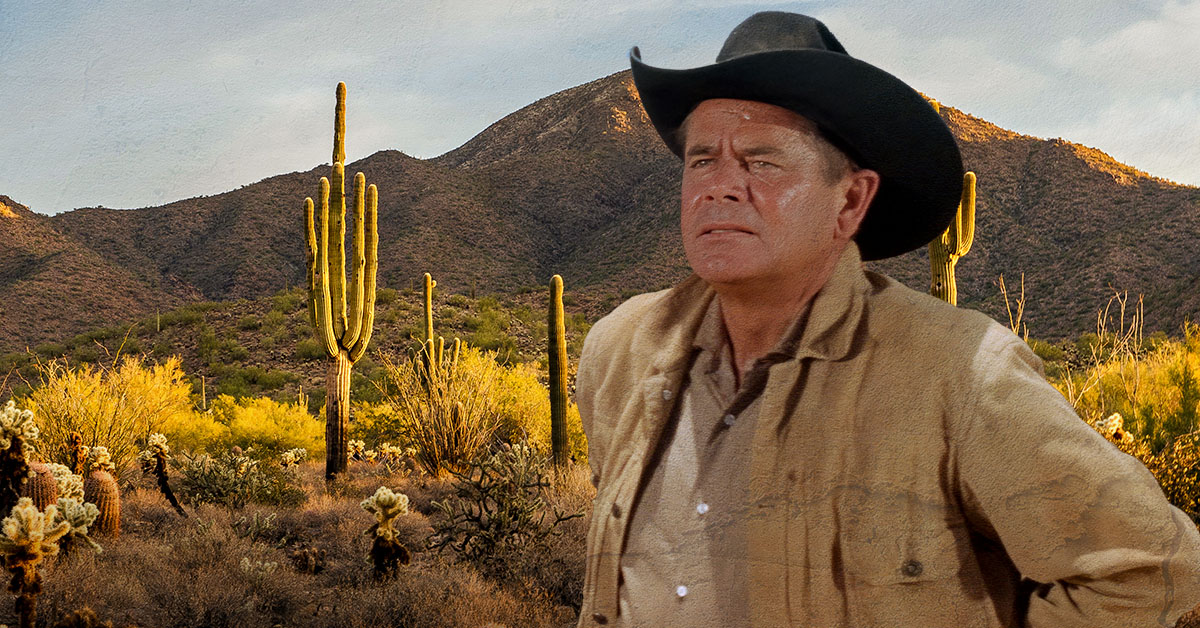
“Jim Killian killed like an artist. This is the story of his masterpiece”.
Glen Ford stars as Jim Killian, a former outlaw who moves into a small dusty Arizona town to hopefully lead a peaceful life as the town’s preacher. His peace is quite quickly taken away from him when he finds himself in the middle of an awkward feud between the sheep ranchers and the cattlemen. After the violent son of the head cattle rancher hangs a shepherd, the Native American daughter of the departed begs Jim for help.
The film was penned by Richard Carr and includes one of the most exciting supporting casts of a late 60’s western. The cast includes David Carradine, Barbara Hershey, Carolyn Jones, John Anderson and J.D Cannon. Although the star is quite obviously Glen Ford. The inner conflict of Ford’s character using every bone in his body to try and do good instead of falling back into the habits of his old ways, is what drives the film forward.
9. The Ox Bow Incident (William A. Wellman, 1943)
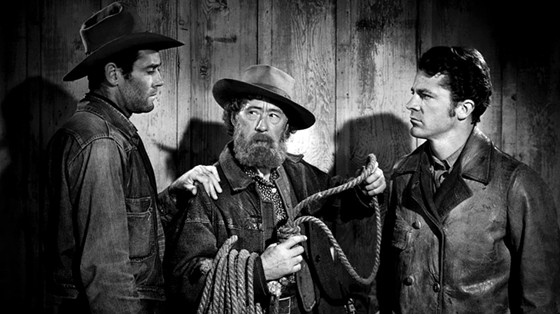
Art Croft (Harry Morgan) and Gil Carter (Henry Fonda) drift into a small town which has recently been disturbed by cattle thieves. The two men soon after join a posse in attempt to catch the criminals. The town posse decide they have found the wanted criminals and must decide on what to do with them, with many wanting to lynch them. The film, written by Lamar Trotti and Walter Van Tilburg Clark, is a large-scale western drama which attempts to balance morals and justice, all under 75 minutes.
The film acts more like a courtroom drama than a western as director William A. Wellman swaps the mahogany courtroom for a dusty, hay filled town. The film presents a rich ensemble of intricately crafted characters, whilst exposing the dark surface of human behaviour. Wellman, with the help of cinematographer Arthur C. Miller, showcase their exceptional cinematic skills through camera movement, framing and shots. With its short running time, the film feels carefully controlled, holding no fat at all, yet transcends such as a powerful vision and message.
10. Death Rides a Horse (Giulio Petroni, 1967)
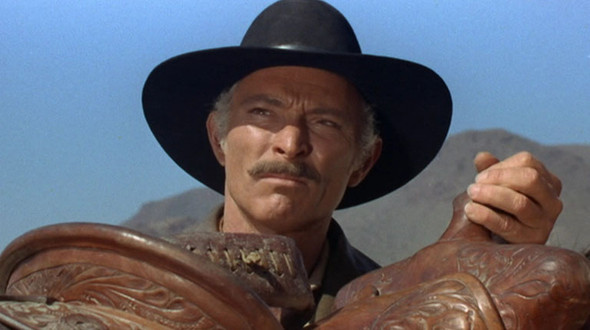
“When you’ve waited 15 years to find a man, it’s a shame you can only kill him once” – The trailer tag line for Death Rides a Horse.
Death Rides a Horse opens brutally. Bill Meceita (John Phillip Law) witnesses all of his family be murdered by a gang of ultra-violent bandits at the tender age of 5 years old. The film then cuts to 15 years later where we find out he’s been planning a blood-soaked revenge since the horrible incident. Bill then meets Ryan (Lee Van Cleef), a gunslinger whose mind is also on revenge against those who framed him. The two men team up to find Walcott (Luigi Pistilli), a brutal bandit on the run. But as the film goes on and we patiently reach the climactic conclusion, certain revelations change both Bill’s opinions on what happened, as well as ours.
The film was directed by Giulio Petroni and written by Luciano Vincenzoni, who helped write For a Few Dollars More, The Good, the bad and the Ugly, The Mercenary and many more. Death is one of the better looking, exciting and thrilling spaghetti westerns, but is often overlooked. Most of the film has set ups and scenes like many spaghetti westerns we all love and enjoy, but what makes this film special is the lead up to the climactic, surprising ending. Most spaghetti westerns lead to a blood splattered gunfight where in most cases the hero or anti-hero excels. In this case, Death doesn’t disappoint in that area, but it gives us more. It gives us a level of surprise, an almost “twist ending” that was foreign in spaghetti westerns at the time. While many directors have praised the film in the past, famously Quentin Tarantino, the film is one to be seen going in knowing less as possible.